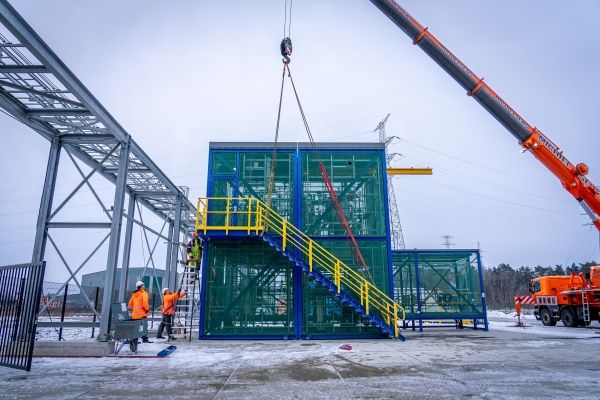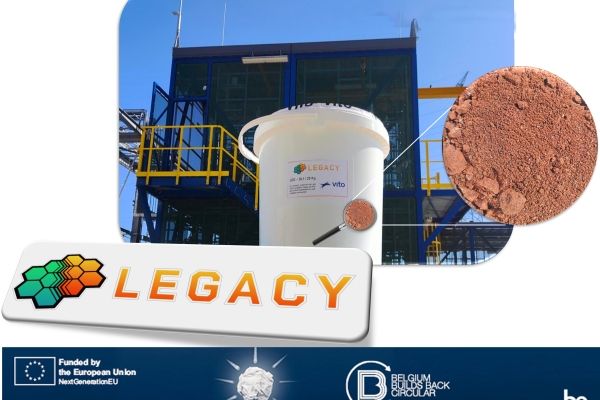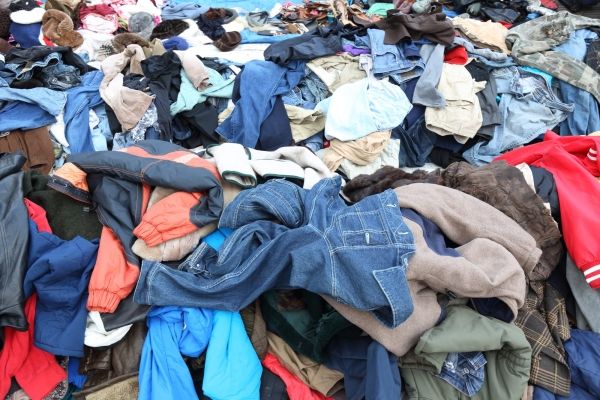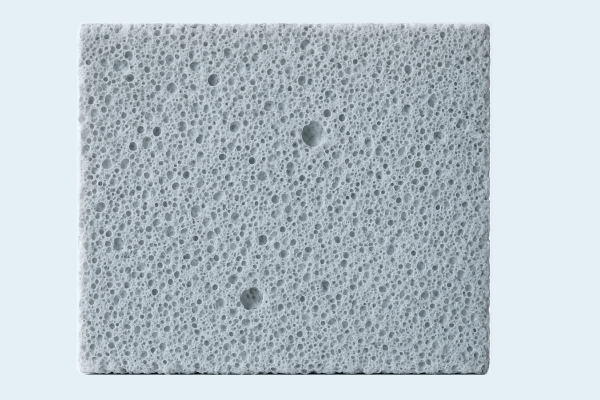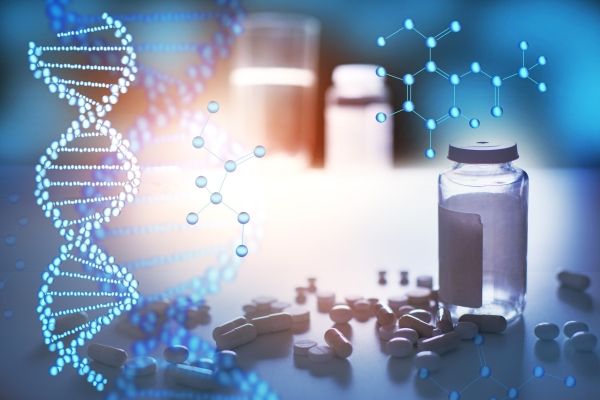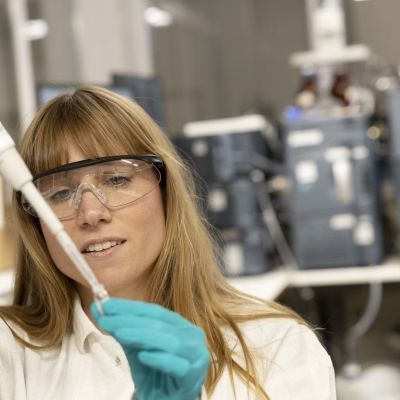Standardised approach for developing new chemicals and materials
Developing new chemicals and materials requires meeting various regulations and standards, which currently vary from country to country and sometimes even within regions. The European SSbD4CheM project aims to address this by providing a standardised approach applicable across all EU member states in the coming years. The project's goal is to introduce screening and testing methods for safe and sustainable material development.
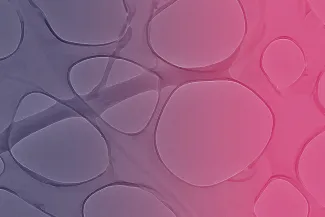
Today, scientists, risk assessors, and risk managers face significant challenges when evaluating the risks associated with chemical substances. Although access to information about chemicals, their toxicological properties, and their environmental presence has improved in recent years, a lack of comprehensive data remains an issue.

Introducing Screening and Testing Methods
The SSbD4CheM project's strategic aim is to develop screening and testing methods for safe and sustainable material creation. The project will focus on three key demonstration models: textiles, automotive components, and cosmetics. These models will serve as the basis for further implementation and standardisation of the new methods.
The materials and chemicals in the demonstration models include PFAS-free textile coatings and natural fibres used in various composite materials. The screening and testing methods will concentrate on:
- Physical-chemical characterisation, such as volatile organic compounds, non-uniform particles, and material composition.
- Risk assessment, including exposure and hazard evaluation.
- In silico (computer-based) prediction tools to reduce experimental delays.
An SSbD assessment will be conducted for each demonstration model, using both existing data and newly generated data based on the models.
Objectives of SSbD4CheM
The project has outlined several specific objectives:
- Develop a Safe and Sustainable by Design (SSbD) framework to support the development of next-generation chemicals and materials, such as renewable composites, PFAS-free textile coatings, and nanocellulose additives.
- Propose an efficient risk screening tool for alternative assessment of next-generation chemicals/materials/products, integrating in silico tools and multicriteria analysis.
- Create an advanced exploratory ex-ante Life Cycle Assessment (LCA) method supported by molecular and data-driven modelling to provide missing data for new materials and chemicals.
- Employ a range of chemical/(nano-)material assessment methods to evaluate environmental safety, emission data, and safety thresholds for consumer protection.
- Adapt in vitro studies, avoiding animal models, to ensure accurate exposure scenarios.
- Strive for harmonisation and standardisation.
- Enhance the impact of SSbD4CheM by engaging stakeholders, providing training, and promoting and implementing the model.
Funded by the European Union
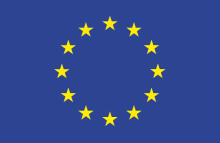
SSbD4CheM-project: grant agreement n° 101138475


